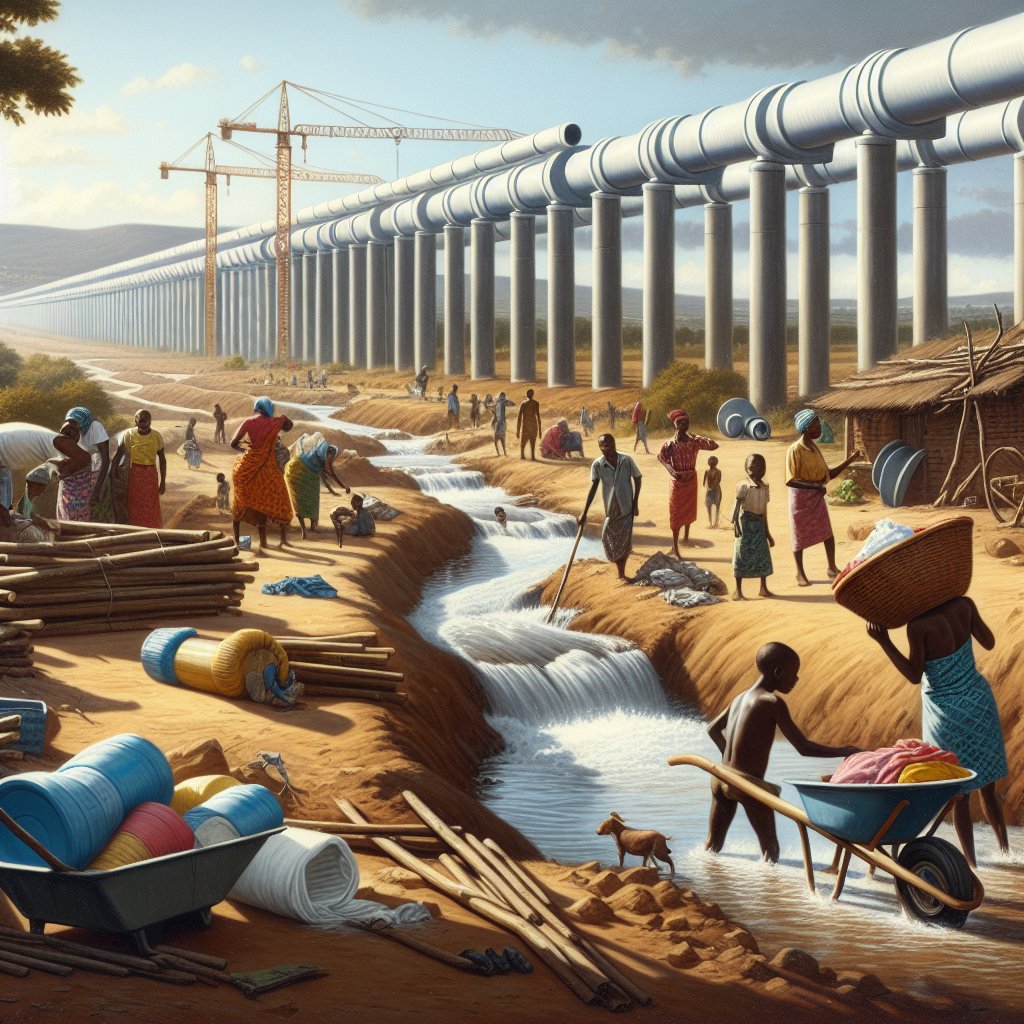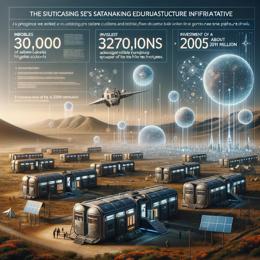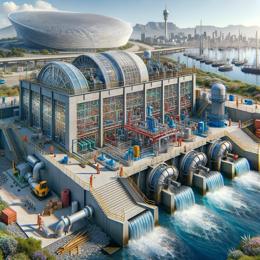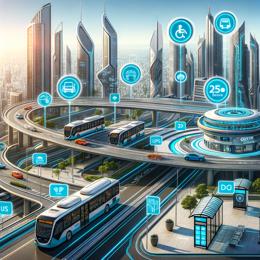Content created by AI
Giyani Water Project Update: Phase One Complete Amid Ongoing SIU Investigation
In a notable development for the Limpopo province, the Giyani bulk water project has marked the completion of its first phase, despite previous delays and ongoing investigations by the Special Investigating Unit (SIU). This long-awaited milestone promises to address the dire water needs of some 55 villages in the Giyani region, offering a glimmer of hope to residents who have endured years without reliable water supply.
The Giyani water saga commenced in 2010 with a R90 million emergency contract, evolving into a multi-billion Rand endeavor. According to recent reports, the cost has escalated to a staggering R4.1 billion. The first phase entailed establishing a pipeline extending from the Nandoni Dam near Thohoyandou to the Nsami Dam in Giyani, a crucial infrastructural feat originally scheduled for completion in 2014 but only realized in October of the previous year.
On the ground, SABC News witnesses the harsh realities imposed by the water scarcity, with villagers still relying on borehole water purchases and streams for their laundry needs. The completion of phase one, while a stride forward, comes after residents have endured years of buying expensive Jojo tanks or toiling with wheelbarrows to fetch water—a burdensome task for those financially strained.
The design initially included two parallel pipelines, one for treated and another for untreated water. The treated pipeline was abandoned, leaving a void now filled by the Nsami Dam's Water Treatment Plant. However, its capacity to treat just over 20 megalitres daily is not sufficient to meet demands, prompting authorities to consider boosting its output. A R78-million enhancement unit constructed in 2014 remains unused, a testament to the project's inefficiencies.
The spotlight now turns to phase two of the project, as the reticulation phase is reportedly 65% complete with R300 million allocated for its conclusion. The CEO of the Lepelle Water Board, stewarding the project, stresses the urgency of connecting reticulation to reservoirs, optimizing the Nsami plant's output, and eventually rolling out household pipelines.
Yet, amid these developments, the SIU is meticulously unraveling how the project costs have surged, pursuing legal recourse against three former senior officials of the Lepelle Northern Water Board, the project's implementers. A final report from the SIU is anticipated, indicating whether this infrastructural endeavor bears the hallmark of corruption or mismanagement.
Meanwhile, the Mopani District Municipality, overseeing the water reticulation to individual homes, discards the idea of communal taps, aiming for direct piped water by the end of the financial year. The Executive Mayor underscored the plan's progress and forthcoming supply chain actions to realize the project goals.
Contentions around phase two have included work disruptions—sparked by protest from local businesses accusing exclusion from subcontracting opportunities—casting a shadow on the project timeline. The entire Giyani community waits in hope for the day when clean running water is no longer a luxury, but rather a standard provision.
While the project's past is mired with delays and corruption allegations, its advancement is crucial. With reticulation work underway, the vision of providing water to the people of Giyani inches closer to becoming a reality.










